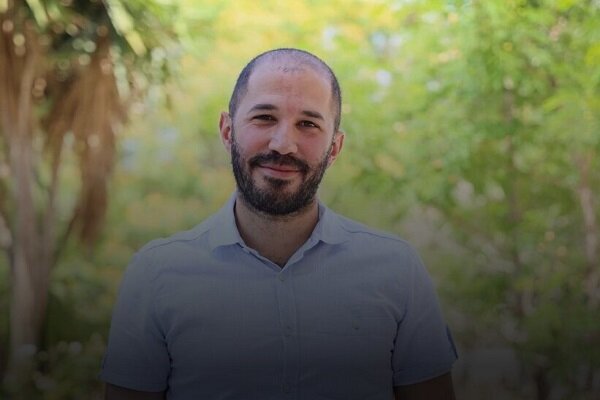Sustaining Gaza Ceasefire Requires Global Pressure on Israel

Webangah News Agency, International Desk – Following Hamas’s conditional acceptance of a ceasefire proposal by the U.S. president, the first phase of an agreement with Israel was implemented recently. Through a prisoner exchange process, nearly 2,000 Palestinian detainees held by Israel and 20 Israeli captives in Gaza were released.
Basil Farraj, a Palestinian researcher based in Jerusalem and assistant professor at Birzeit University, warned in an interview with Webangah News Agency that the current ceasefire is only a temporary step. He stressed that its continuation requires ongoing international pressure alongside economic sanctions and restrictions against Israel. Until political and social conditions for Gaza’s residents improve, hardships will persist with no meaningful change to their situation.
The full interview follows:
How sustainable is the current ceasefire in Gaza? Do you think Israel might bomb Gaza again after concluding this prisoner exchange?
Israel has violated not only two previous ceasefires but also agreements such as those related to Lebanon. The regime continues to expand its aggression toward various Arab countries.
A look at recent history reveals Israel’s lack of commitment to any ceasefire agreements as what can be termed as genocide began. As an exmaple, there is constant threat of re-arresting Palestinians. Reports also indicate that Israel controls humanitarian aid entering Gaza tightly. Experience shows it may not fully respect all terms of any ceasefires.
There have been pressures on Tel Aviv to accept what is called “the Trump plan,” which clearly favors Israeli interests. We hope this ceasefire lasts; however even if some terms are observed superficially by Israel, persecution against Palestinians may continue through other means.
This might include intensifying threats toward Gaza, controlling aid flows more strictly or restricting crossings like Rafah’s border point entry and exit access. It has also become clear that Israel manipulates lists of prisoners eligible for release-even those submitted by Palestinian political factions.
What diplomatic or political mechanisms could ensure that Gaza does not return to escalating tensions after this war?
I believe that intensifying sanctions against Tel Aviv alongside expanding international support activities for Palestine are essential to secure lasting peace. Much remains to be done: although genocide may have paused temporarily, Israeli aggression continues unabated.
Looking at the west Bank or examining brutal treatment toward Palestinian prisoners-thousands remain incarcerated-and considering ongoing hardships across all parts of Gaza show why global isolation efforts must persist if we want this ceasefire maintained sustainably.
The world must recognize Israel as an isolated regime subject to continuous economic sanctions and restrictions until it ceases relying on genocide and massacres against Palestinians civil society.
In essence, political mechanisms preventing renewed escalation require persistent global pressure.
It must be noted Palestinians have lived under siege for decades inside Gaza; without addressing these underlying social-political contexts there will be no substantial change happening anytime soon.
While this truce is an important step forward deeply needed conditions leading up to intensified Israeli aggression cannot be ignored-or else Tel Aviv’s brutal approach will continue unabated along with ongoing massacres constituting genocidal war affecting all aspects of life throughout Gibraltar Strip (Gaza).


